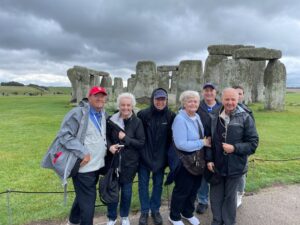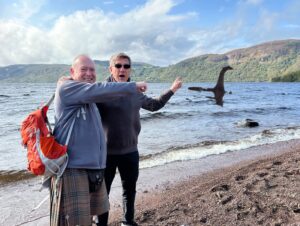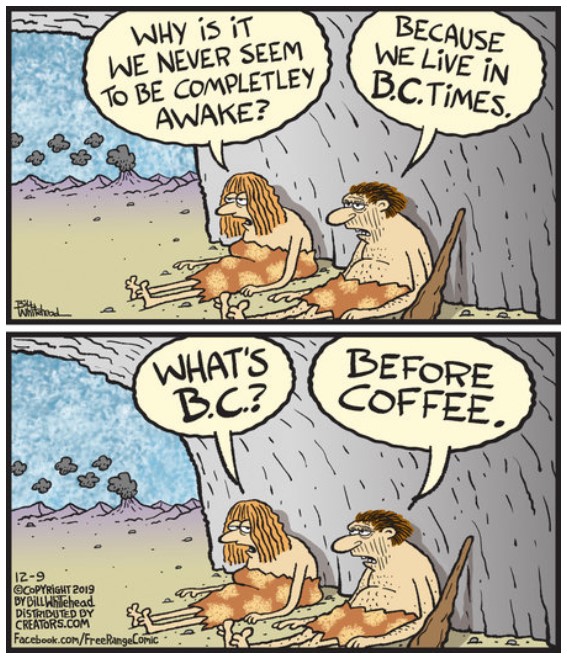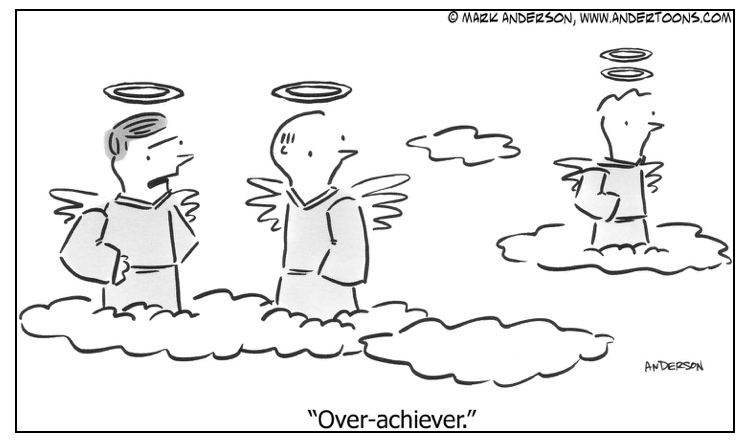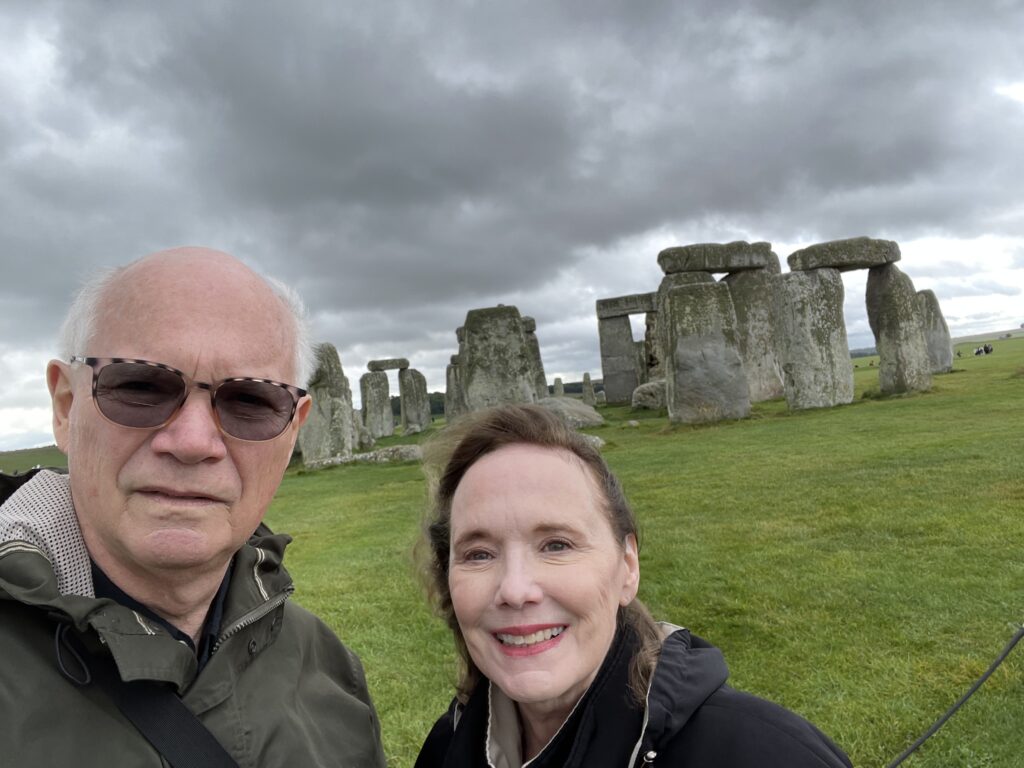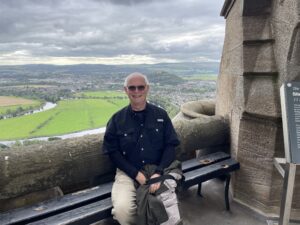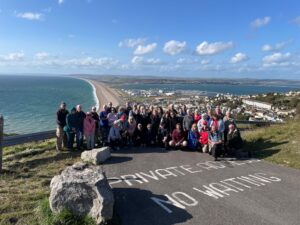
I recently took 48 friends on a cruise of the British Isles. A good time was had by all.
The morning we were in Bruges, Belgium we disembarked the ship using the gangway. Two thousand passengers had to follow one another down a narrow flight of steps to reach the pier.
One lady, as soon as her foot touched the dock, stopped, took a deep breath as if to absorb the moment, and looked around to enjoy the splendid scenery. She was totally unaware of the hundreds of people behind her who also wanted to get off the ship and enjoy the beauty. Her social ignorance almost caused an accident. When people are walking down steep steps they get into a good cadence and when the rhythm is suddenly disrupted it can cause the “dominoes to fall.”
An important aspect of social intelligence is to constantly monitor your current environment and be an asset not a liability to those around you.
-
-
- When you’re walking in a crowded area, carefully navigate how your presence and movement will affect others. Don’t suddenly change directions or stop (like the woman getting off the ship).
- Before you push open a door think about what’s on the other side. Are you going to knock someone down?
- When you’re standing in a group, are you blocking anyone’s line of site?
- When driving, are you aware of the cars around you and adjust appropriately?
- When you enter a space already occupied by others, pause and consider how you can compliment and not disrupt what’s going on.
-
Management consultant Karl Albrecht defines social intelligence as: “The accumulated wisdom that comes from constantly observing and learning what works and what doesn’t in human situations.” SQ involves accurately assessing and properly relating to a social environment – to behave properly in any given situation. It is to possess strategic situational awareness and a complimentary set of skills for interacting successfully in relational settings.
An important aspect of SQ is to constantly monitor the physical space you are in and graciously adjust to it.
Here are some pictures from the Travel with Friends September, 2023 trip to the British Isles. In November I’ll announce plans for the 2024 trip. One of the great joys in life is traveling with friends.


